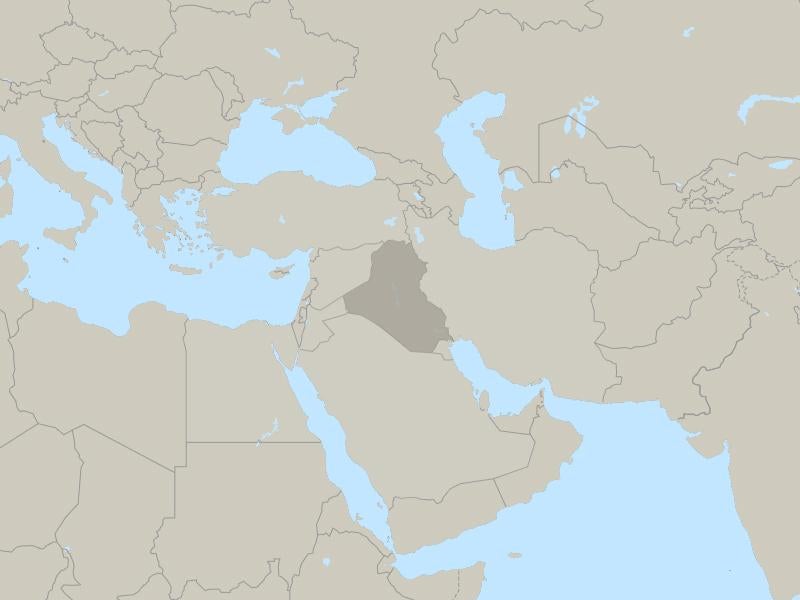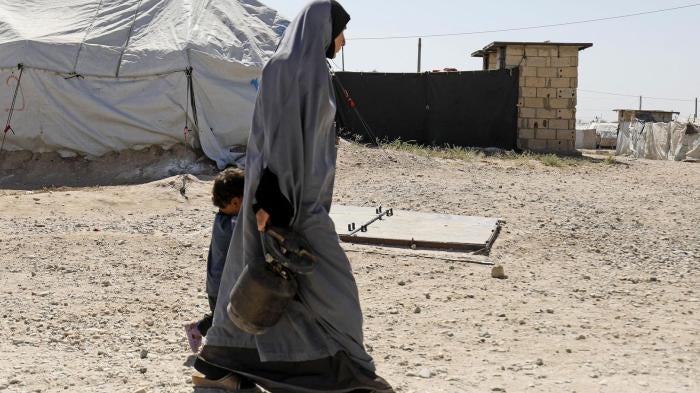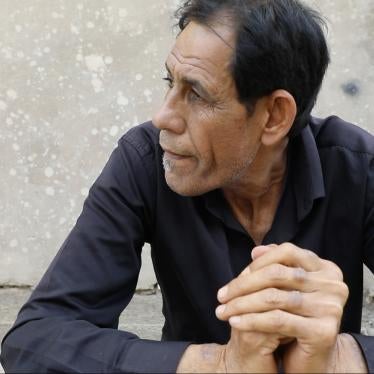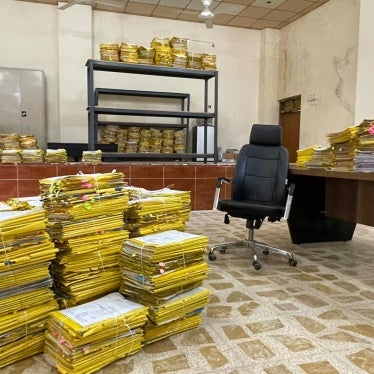Iran: Security Forces Killing Kurdish Border Couriers
In Poor Region, Scores Killed Taking Goods Across the Iran-Iraq Border

While Iraq continued to enjoy increased security and stability in 2024 following decades of armed conflict, impunity and a lack of justice and accountability for serious crimes, shrinking civic space, flaws in the justice system, discriminatory legal norms disproportionately impacting LGBT people, women, children, and minorities, and inadequate provision of government services remained key areas of concern. Authorities also ramped up attacks on Iraqi’s rights by passing or attempting to pass draconian laws that would restrict their freedoms. These include a law criminalizing homosexuality, a draft amendment to the Personal Status Law, and a draft law on the right to information. Violent repression of protesters and arrests of journalists covering protests continues.


February 17, 2026
In Poor Region, Scores Killed Taking Goods Across the Iran-Iraq Border

Persistent Failure to Ensure Right to Work; Quotas Unfilled

The Impact of Unregistered Marriages on Women’s and Children’s Rights in Iraq

No Clear Path to Compensation for Iraqis Abused in Detention by US Forces

Criminalizing Core International Crimes, Pursuing Cumulative Prosecutions of ISIS Affiliates through Rigorous Trials, and Activating UNITAD Evidence
Government Suspension of Public Sector Salaries Adds to Funding Shortfall

Some Improvements from Original Draft, but Still Problematic

Freedoms Under Threat; Executions on the Rise

Executions Follow Unfair Trials Based on Torture-Tainted Evidence


Still No Accountability for US Military Abuses During ‘Global War on Terror’


Sweeping Bill Imperils Women’s, Children’s Rights
